Debian 4.0 "etch"
Current and future issues
Martin F. Krafft <madduck@debian.org>
- Developer with the Debian, Zope, and Plone projects
- Author of the book The Debian System — Concepts and Techniques
- Ph.D. student, Lero, CSIS, University of Limerick, Ireland
Skynet.ie guest talk, University of Limerick, Ireland
19 August 2006
My involvement in Debian
- Strong interest in workflow issues
- Strong interest in security issues
- PR, and proxy between industry and Debian
- Mentor
- Bug reporter #2
- General troublemaker
Overview
- A brief introduction to Debian
- Status of Debian 4.0 "etch"
- A bit on current Debian
- Relationship with Ubuntu
What is Debian?
- An open-source project
- with a unique and original philosophy
- represented and enacted by a huge community
- producing a (set of) operating system(s)
The Debian philosophy
Produce a free operating system of high quality with flexibility in mind, using an open development model inspired by Linux.
- 100% free
- Universal and open
- High-quality integration, policy-based
- Flexibility and security
- The admin stays in control
The Debian community
Just under 1'100 developers (~50% active), globally spaced
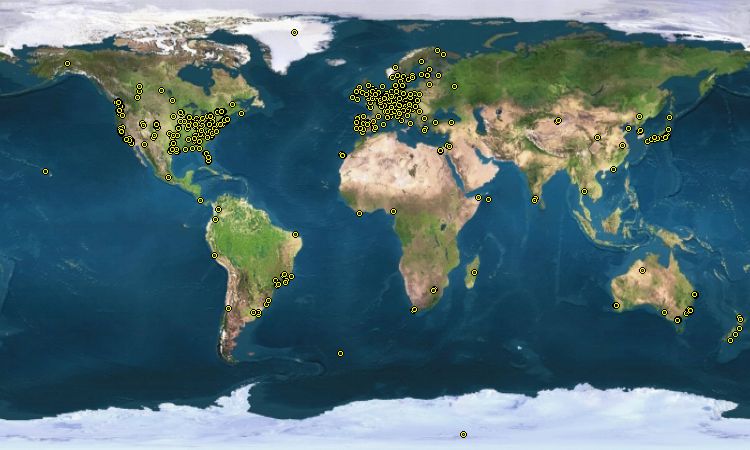
(source: http://www.debian.org/devel/developers.loc)
- An estimated 2'000 contributors
Traits of the community
- Many developers are high-profile, experienced administrators
- Very helpful and knowledgeable, if approached right
- Often considered arrogant and elitist
- Rough, cowboy-ish, but the Debian Women project had very good influence
- Meritocratic
- High trust level between developers
- Frequent personal meetings between developers
The Debian project
- Among the largest open-source projects
- Independent, volunteer-driven
- Daily business mainly on over 500 mailing lists and IRC
- One yearly conference (Debconf) and several mini conferences
- Booth presence on all major computer-related fairs and conferences
- SPI: US-based legal chaperone and assets management, no decision powers
The Debian operating system(s)
- Flagship: Debian GNU/Linux
- Linux kernel
- GNU userland applications
- Debian system administration, helpers, concepts, integration
- Also available, though less popular/developed
- Debian GNU/Hurd
- Debian GNU/NetBSD
- Debian GNU/kFreeBSD
Debian GNU/Linux
- Support for 12 hardware architectures:
i386, amd64, sparc, alpha, powerpc, ia64, arm, mips/+el, m68k, s390, hppa
(more than any other operating system) - 10'000 software packages
(source packages, 19'000 binary packages) - More than 100 derivative distributions
(e.g. Knoppix, Ubuntu, Linspire, Kanotix, MEPIS, Libranet, …)
APT + dpkg
- The "Advanced Package Tool":
- Automatic package acquisition
- Automatic dependency handling
- Package integrity verification
- dpkg, the Debian package manager:
- Robust
- Strictly enacts the Debian policy
- Configuration files
- Dependencies and conflicts
- File ownership
Our users
Widely used, for example by
- the administration of the cities of Munich, Germany, and Vienna, Austria
- the Ministry of Public Administration, Spain
- several large universities, including the University of Zurich and the Swiss Federal Institute of Technology.
- HP and IBM both offer Debian support (IBM/Lenovo inofficially)
Gadgets
Debian powers numerous embedded devices: routers, firewalls
Debian is used on devices of the latest handheld trend:
Nokia 770
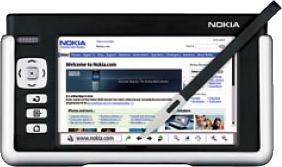
ROAD S101
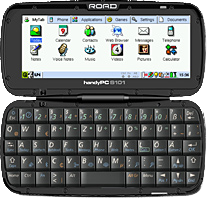
Overview
- A brief introduction to Debian
- Status of Debian 4.0 "etch"
- A bit on current Debian
- Relationship with Ubuntu
Debian releases
- Debian "stable" is known to be rock-solid and outdated:


- Current release: Debian 3.1r2 "sarge"
released 6 June 2005, revised 19 April 2006 - Named after toy story characters
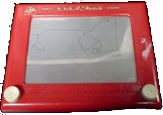
- Planned for 4 December 2006: Debian 4.0 "etch"
Debian "etch" release goals
- GCC 4.1 transition
- new Python framework
- LSB 3.1 compatibility
- Improved installer
- graphical interface
- support for encrypted partitions
- Kernel 2.6.17 or even 2.6.18
- Pet goals:
- SELinux support
- pervasive IPv6 support
- pervasive LFS (large files) support
Debian stable
- Rock solid
"Look, this is Debian. They don't release things until you have to fire rockets at the thing to stop it from working." (Slashdot quote)
- Outdated
"Debian releases are out of date the minute they are published" (common prejudice)
Release process
- unstable - testing - stable
- Current stable: sarge, current testing: etch, unstable: sid
- Next stable: etch, next testing: etch+1, unstable: sid
- Long freeze process due to complexity
- Five categories: essential, required, standard, optional, extra
- Frozen one after the other, then stabilisation period
The package cycle
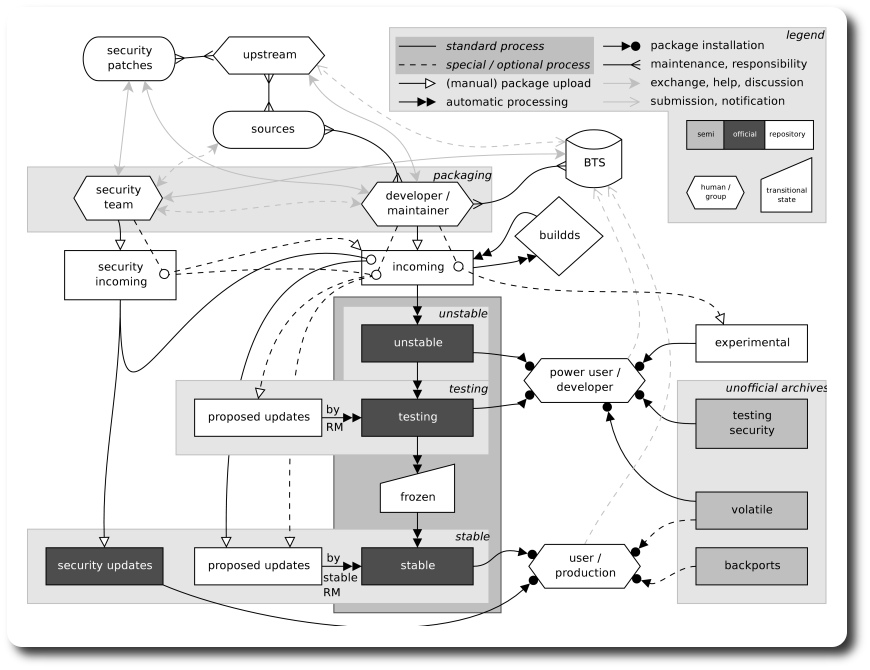
RC bugs
- Release-critical bugs (RC bugs) prevent a package from entering stable
- This is what makes Debian be Debian
- Packages with RC bugs are either fixed or removed
- Exceptions are possible on a case-by-case basis (etch-ignore)
Current status
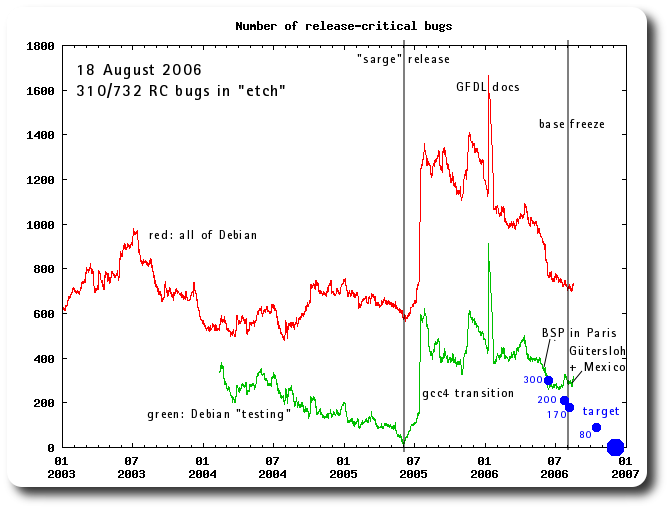
From: http://bugs.debian.org/release-critical/
(Not entirely accurate because does not respect version tracking)
Current schedule
- We are a bit behind schedule
- Base system was frozen on time
- General freeze planned for 18 October 2006
- Several bug squashing parties coming
up:
- Always on IRC: #debian-bugs
- 8-10 September: Zurich, Vienna
- 11-13 October: Zurich, Dijon
- Target release date still unchanged: 4 December 2006
Current problems
- Python transition
- AMD64 not 100% integrated yet
- DFSG vs. GFDL
- Non-free firmware
- Secure APT
What can you do to help?
Participate in bug squashing parties!
(or just squash bugs whenever you can)
- Many bugs are trivial to resolve but need time
- Live assistance available via IRC and on mailing lists:
- #debian-bugs on irc.debian.org
- debian-devel@lists.debian.org
- http://wiki.debian.org/BSPMarathon
Overview
- A brief introduction to Debian
- Status of Debian 4.0 "etch"
- A bit on current Debian
- Relationship with Ubuntu
Debian's strategy
Disclaimer: these are not an official statements!
- Release cycle length, "etch+1"
- Architecture support, universality
- Quality assurance
Open issues
- Licencing wars: GFDL, GPLv3, CC
- Packages built on untrusted machines
- Bottlenecks in the infrastructure and delays
- Package maintenance, patch tracking, derivatives
- Size of the developer base
Overview
- A brief introduction to Debian
- Status of Debian 4.0 "etch"
- A bit on current Debian
- Relationship with Ubuntu
Ubuntu releases
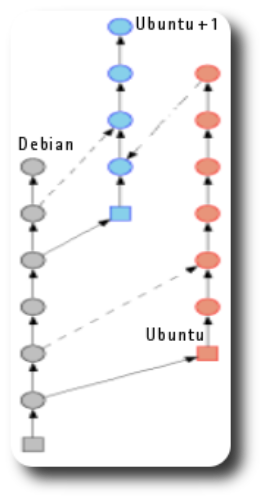
- Ubuntu snapshots Debian unstable
- Possible synchronisation at a later point in time
- A new release is the merge of Ubuntu's previous changes into a new snapshot
(graphic by Scott James Remnant)
Ubuntu vs. Debian on the desktop
- Ubuntu is synchronised with Gnome, cutting edge applications
- Debian unstable/testing usually a little behind, but caught up or even overtook by the time Ubuntu is released.
- A recent study found Debian to be more up to date (but the study is debated).
- More user-friendly configuration tools, better desktop integration
- Limited to Gnome, plus separate Kubuntu and Xubuntu efforts
- Ubuntu core is of high quality, universe varies greatly
Ubuntu vs. Debian on the server
- Ubuntu server provides "wizards" and allegedly long-time support
- New product, remains to be seen
- Debian "stable" is stable:
- functional stability: feature set of individual packages
- run-time stability: software has been well tested
- archive stability: no dependency changes
- Administrators do not want to upgrade ("never touch a running system")
- Long-time oldstable support, extendable (c.f. "potato")
Relationship with Ubuntu
- Divergance
- Gripes from the side of Debian: jealousy, visibility, giving back
- Advantages, benefits: greatly facilitated transitions, complex packages
- Effect of Ubuntu on
- core packages, transitions
- release cycle length
- user base
- developer base
- Existing integration efforts:
- Utnubu
- DCT
My Ph.D. research
Method diffusion in large open source projects
- Debian processes somewhat antiquated, compare with the agility of e.g. Plone
- Volunteers don't like to be told what to do
- Methods exist to improve asynchronous global collaboration
- How do you make sure people adopt these?
Finalement …
Thank you for your attention!
Martin F. Krafft <madduck@debian.org>
Licence
These slides, their design, and the content are © Martin F. Krafft and released under the terms of the CC by-nc-sa 2.5 licence.
reStructuredText sources: slides.rst and ui/debian/*.
Slides based on the S5 presentation system.